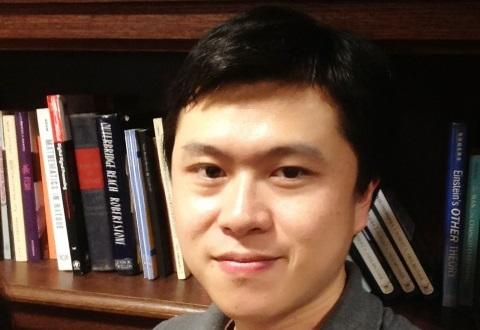Even as the murder-suicide case involving a high-profile Pennsylvania researcher is being handed over to the Federal Bureau of Investigation, the local police in a statement said that they have "zero evidence" that Bing Liu murder had anything to do with his work on coronavirus. The local police believe a common love interest led to the murder-suicide.
The murder-suicide involving Bing Liu, a Chinese researcher, who reportedly was close to "making very significant findings" related to the coronavirus, has gained interest worldwide as many suspect foul play and almost everyone is asking why Pennsylvania researcher was shot dead?

Thirty-seven-year-old Dr. Bing Liu was found dead in his home on Elm Court from apparent gunshot wounds to his head, neck, and torso, Ross Township Police said on May 2.
On the same day, the police also had found a second dead man, who was later identified as Hao Gu. He was found dead from a self-inflicted gunshot wound to the head in his car on Charlemagne Circle, near Elm Court, the police said.
The police now believe that two victims, both of who are Chinese, were acquaintances. According to police, Hao Gu first killed Dr Liu and then came back to his car and killed himself.
Here is a full statement by the Ross Township Police Department:
FBI to investigate Dr Liu murder
The local Ross Township Police said that the murder-suicide will now be handed over to the FBI as neither victims were US.citizens. The FBI is expected to review the case and its findings if it matches up with the local police version, the case will then be closed.
Why is Dr Liu murder so suspicious? Why was Pennsylvania researcher shot dead?
Dr Liu Bing was a research assistant professor at the University of Pittsburgh School of Medicine, his department.
"Bing was on the verge of making very significant findings toward understanding the cellular mechanisms that underlie SARS-CoV-2 infection and the cellular basis of the following complications. We will make an effort to complete what he started in an effort to pay homage to his scientific excellence," the department said on its website.
While police have ruled out that there is no evidence to suggest if the murder was his research on coronavirus, there are suspicions if there was a state-agent behind his murder to stop him.








